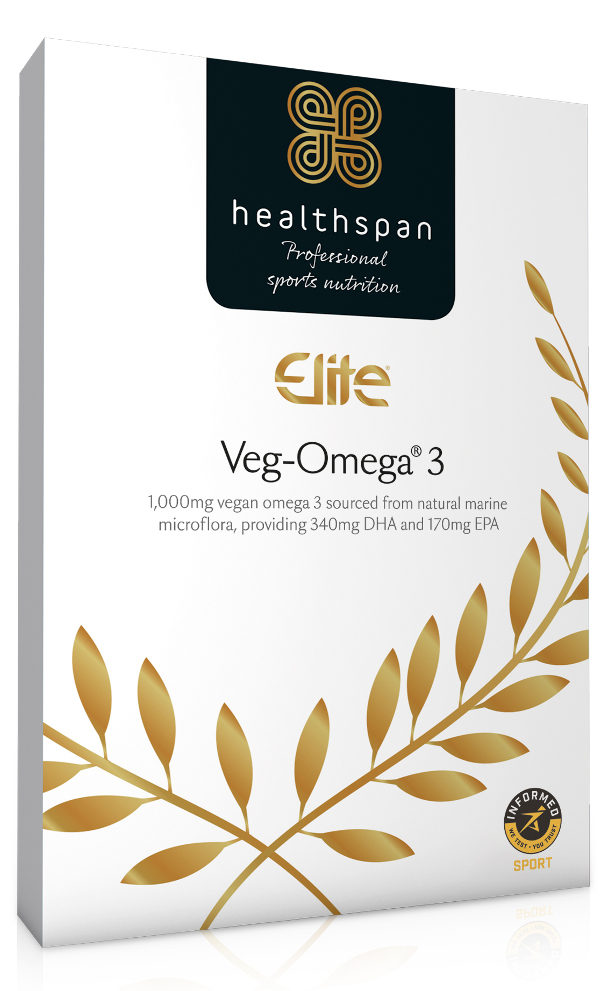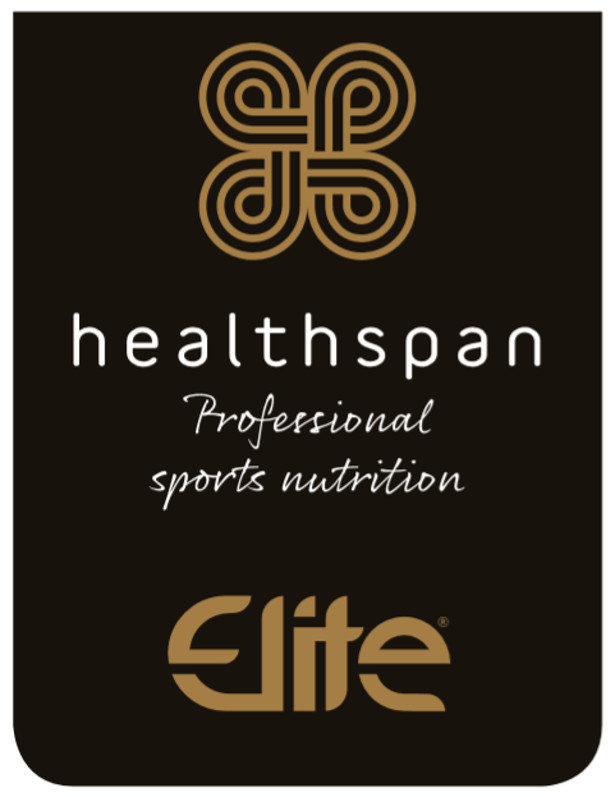Can athletes thrive on a plant-based diet?

Veg-Omega 3, great alternative to get your omega’s in if you’re vegetarian or vegan, from www.healthspan.co.uk

www.healthspan.co.uk

& www.healthspanelite.co.uk
TWITTER | FACEBOOK | YOUTUBE | PINTEREST
There has been a growing trend in people wanting to reduce the amount of meat and other animal products in their diet, but can a plant-based diet provide athletes with everything they need to maximise their training, performance and recovery?
People who avoid animal products are usually called vegans, but there is an increasing number of people who do not fully subscribe to all the vegan ideals and prefer to be considered as following a plant-based diet.
While many diet trends come and go, Leading Performance Nutritionist, Nigel Mitchell, believes plant-based eating has now become mainstream: “Nearly everyone I speak to wants to completely cut out or at least reduce animal products for reasons that include animal welfare, environmental impact and health.”
When athletes are looking to follow a plant-based diet, they ask Nigel three key questions:
Can I sustain my training, performance and recovery?
What foods should I eat?
Do I need nutritional supplements?
“The first question challenges the idea of nutritional adequacy and should be considered from both a macro and micronutrient perspective. I encourage all athletes, no matter their food preferences, to carefully consider their diet to ensure it provides the nutrients they require. For hard, intense exercise the body needs carbohydrates and a plant-based diet by its very nature tends to be high in carbohydrates,” explains Nigel.
“Protein is the nutrient that most people are concerned about because animal foods are high in protein, with amino acids (protein building blocks) that are more like human proteins.” However, there are some very good plant-based proteins that can provide all the amino acids required, “Such as soy, buckwheat and quinoa. Nuts are also good providers of protein, in particular American pistachios, which are lower in fat and therefore higher in protein than most other nuts.”
Or you can supplement with Healthspan Elite Complete Vegan Protein (1kg, £24.99, healthspanelite.co.uk)
“For the micronutrients, it can be challenging to get adequate iron and calcium, while vitamin B12 is almost impossible to get from a plant-based diet unless you eat fortified foods. I always recommend that they have their bloods checked and then rechecked 3 months later, which helps to assess the adequacy of their food intake. It is also advisable to consult either a registered dietitian or a sports nutritionist registered with SENr.”
The answer to the second question is simple, according to Nigel: “Eat a mix of foods. By increasing the types of food you eat, you increase the range of nutrients. For example, if you have several vegetable protein sources you will tend to improve the amino acid profile.”
So, what about supplementation? “This is a little more complex, but my approach is the same for everyone: I will look at their diet and assess any nutritional gaps. These gaps are often easier to plug by using nutritional supplements.”
“Omega 3 fats can be more challenging to acquire from a plant-based diet,” that’s why Healthspan Elite launched the first Informed Sport vegan omega 3 supplement. Elite Veg-Omega 3 1,000mg (60 capsules, £24.99, healthspanelite.co.uk). Veg-Omega 3 contains 1,000mg omega 3 sourced from natural marine microflora, providing 340mg DHA, 170mg EPA and 40mg DPA.
As with every Healthspan Elite product, Veg-Omega 3 1,000mg is Informed Sport approved and has undergone rigorous testing by LGC’s world-class sports anti-doping laboratory, Sport and Specialised Analytical Services, for a wide range of substances banned by the World Anti-Doping Agency (WADA) to provide the highest levels of assurance possible for athletes.
Nigel Mitchell finishes with a final thought: “Whatever a person’s motives for following a plant-based diet, as long as they focus on quality food and consider using suitable supplements, there is no reason why they should not meet their nutritional needs to support their sporting goals.”
Products available via www.healthspanelite.co.uk




